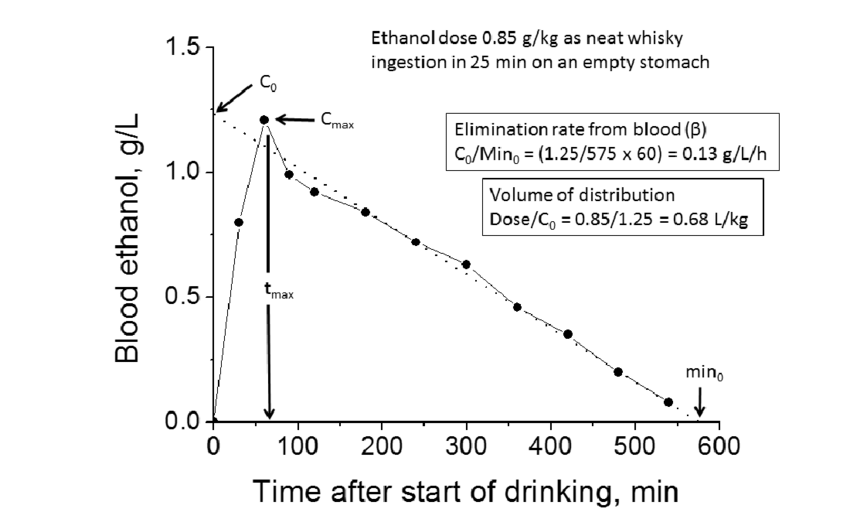
California has one of the highest DUI rates per capita in the country. Getting a DUI, especially multiple DUI’s, can have a lasting impact on your driver’s license, car insurance rates, professional license, and other important aspects of your life. If you are ever pulled over by the police on suspicion of DUI, keep these tips in mind to put yourself in the best position and potentially avoid an arrest in the first place.
Pro-Tips for a DUI Stop:
- Pull Over Perfectly: Your driving may be on camera and is great evidence of your lack of impairment.
- Be Calm: Don’t let nervousness make you look guilty. Remember you’re probably being recorded.
- Where are your Documents: Think about the location of your license, registration, and insurance as the officer approaches so that you can find them quickly and without stressing and fumbling.
- DO NOT ANSWER QUESTIONS ABOUT DRINKING OR DRUGS: You may ruin your defense.
- DO NOT AGREE TO PERFORM FIELD SOBRIETY TESTS: They are not required and are difficult even for sober people to complete perfectly. Respectfully decline.
- DO NOT CONSENT TO A SEARCH OF YOUR VEHICLE: The police may believe they have probable cause to search your car, but if they ASK you for permission, clearly state that you do not consent.
- DO NOT AGREE TO A “PRELIMINARY ALCOHOL SCREENING TEST:” Unless you have ingested zero alcohol, decline. The preliminary test is not required unless you are underage or on DUI probation.
- DO Agree to an Alcohol Test if you are Arrested: You are required in California to submit to a breath or blood test after you are arrested as a condition of holding a driver’s license. If you refuse, the officer will most likely obtain a search warrant to test you anyway, and you’ll face additional consequences.
If the district attorney charges you with a DUI, an experienced attorney can help you fight your DUI case in multiple ways. Your attorney can argue the police had no valid reason to stop you in the first place, which can result in a dismissal of your case if the judge agrees. Read more about suppression motions here. Your attorney can also negotiate for a lesser charge such as reckless driving or a “wet reckless” offense. If your case proceeds to trial, the two most common defenses to DUI charges are the “no drive” defense and the “riser” defense.
“No Drive” Defense
This defense is available when evidence does not establish that you were driving a vehicle. This often comes up when a car accident has occurred and all occupants are outside of the vehicle when police arrive. Another scenario that sometimes occurs is police contacting a person who is “sleeping off” the drinks in their parked car but were not observed driving, or if occupants switch seats when being pulled over. Juries tend to find this defense more understandable and it results in more frequent acquittals and hung juries compared to alcohol-science and lack of impairment defenses.
“Riser” Defense

In a nutshell, when you have a drink, the alcohol takes time to absorb into your bloodstream, usually between 25 minutes to an hour. The alcohol absorbs faster on an empty stomach, as the graph above depicts. Even experts for the prosecution will admit that if you stopped drinking 10 minutes before the officer pulled you over, your blood alcohol content is still RISING, and the numbers resulting when you blow into the officer’s machine are HIGHER than your blood alcohol content was when the police stopped you. So, if you are a .09 at the time the officer tests you, the above graph may place you at a .06 or .07 at the time of driving, meaning you were below the legal limit (.08) at the time of driving.
To win your case at trial, your attorney will need to successfully argue that (1) you were below the legal limit at the time of driving AND (2) you were not impaired at the time of driving. This argument is the easiest to make when your blood alcohol content was relatively close to the legal limit ( such as .08, .09, .10) at the time of driving, and if you were not involved in an accident.
Drug DUI’s

It rarely makes sense to plead guilty to a DUI based on drug impairment. The science is different for every single drug and the prosecution’s experts are seldom prepared for cross-examination on the published scientific literature for the drug at issue at trial. Hali has won drug DUI trials based on marijuana, Xanax, opiates (pain pills), amphetamines, and others. Do not admit a drug DUI case without consulting with an attorney who has handled, and won, multiple trials on this charge. The science is on your side.
Click here to read about additional Ways to Win Your Case.
